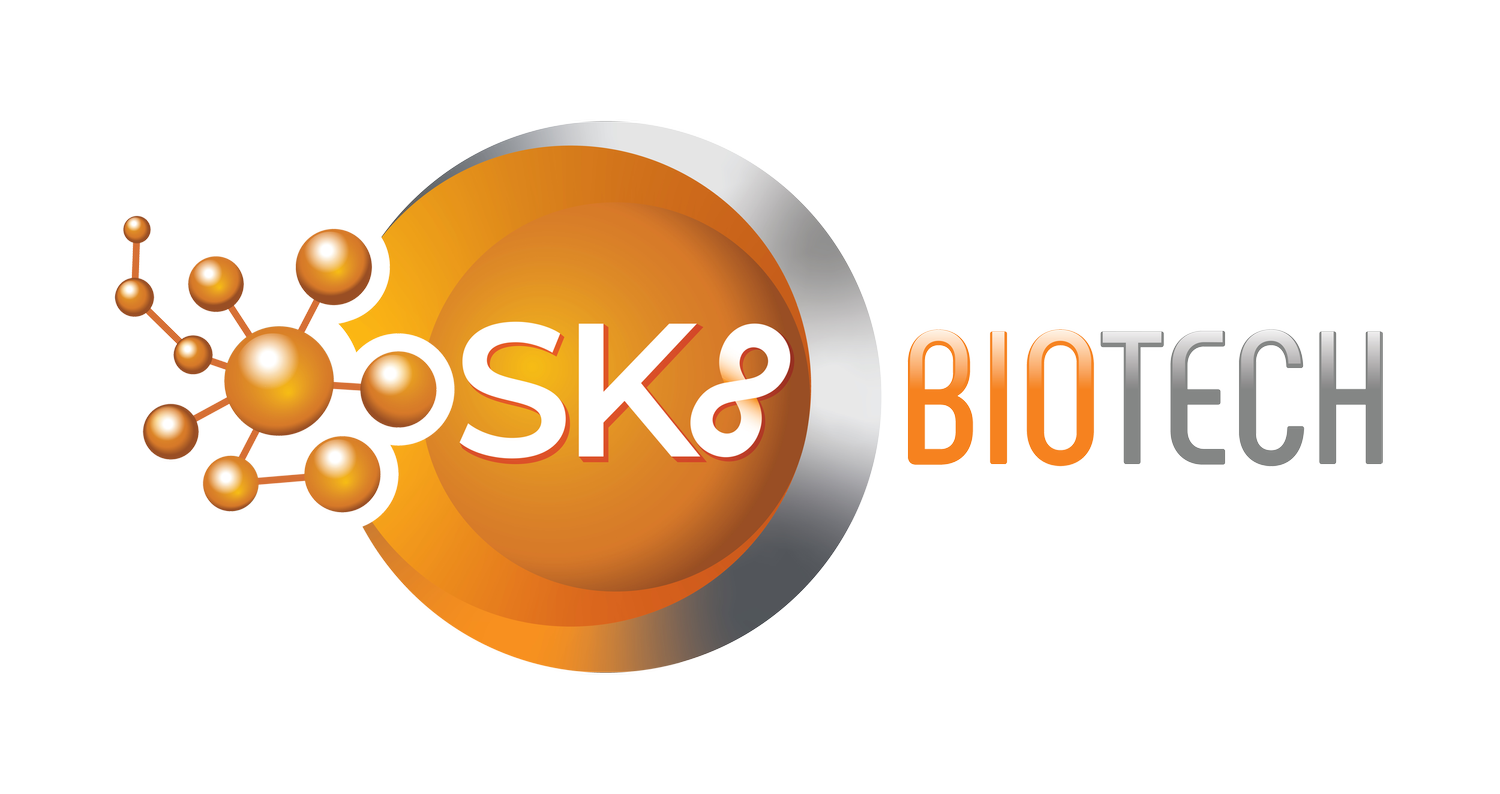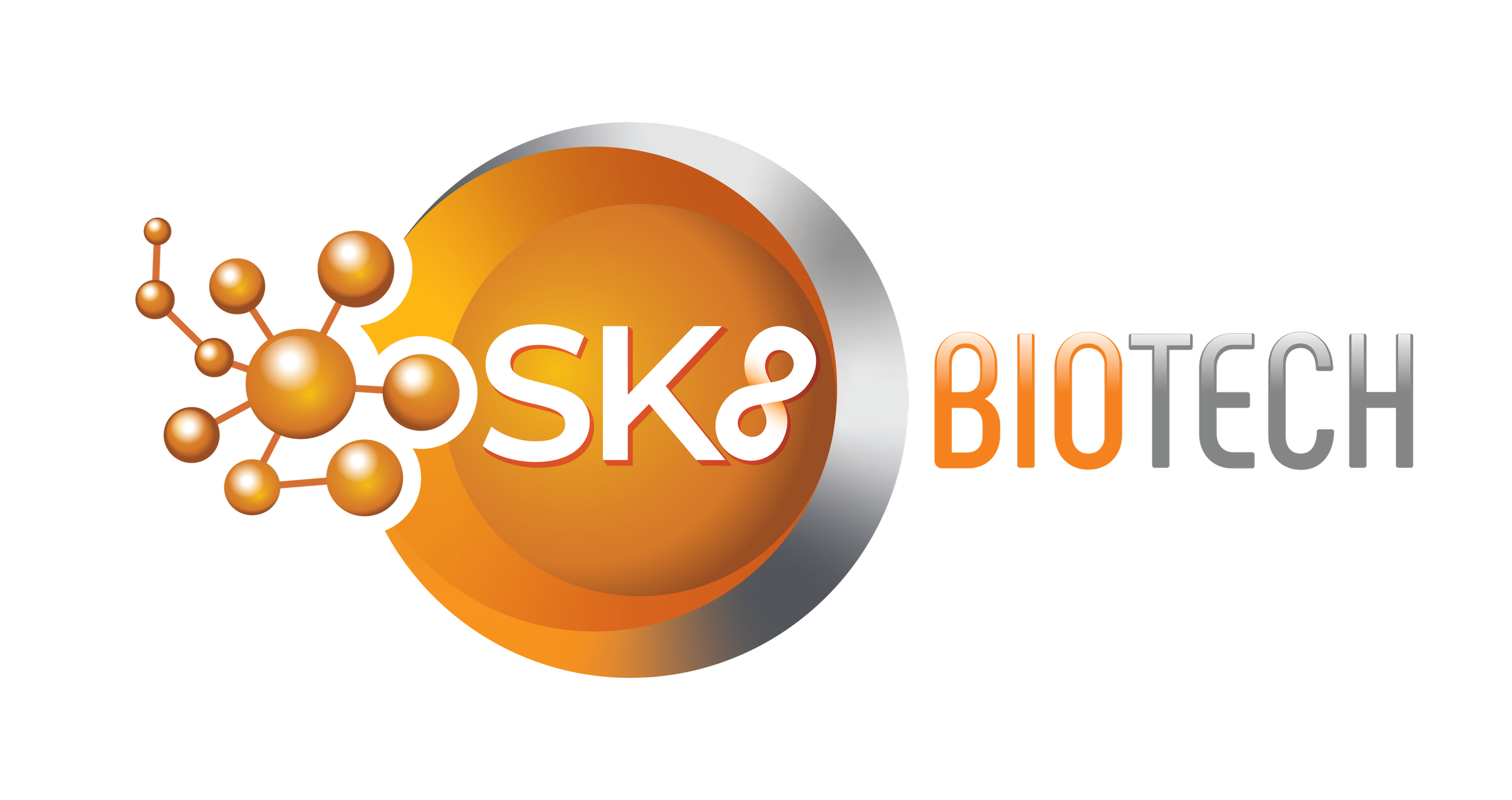Partnering with SK8 Biotechnologies for Effective Pathogen Control in Food Processing and Livestock Production
In today’s food industry, maintaining pathogen control is not only a regulatory requirement—it’s a business imperative. Contaminations involving Salmonella, Listeria monocytogenes, and E. coli continue to trigger costly recalls, reputational damage, and food waste. That’s why collaboration is at the heart of SK8 Biotechnologies’ approach.
Together, we help food processors and livestock producers transition from reactive sanitation to proactive microbial management—using precision-engineered bacteriophage technology to target and neutralize pathogens safely and sustainably.
A Collaborative, Four-Step Approach to Pathogen Control
At SK8 Biotechnologies, success begins with partnership. Our four-step collaborative process ensures every solution is tailored to your facility’s unique microbial ecosystem and operational priorities.
Step 1: Analysis – Understanding Your Pathogen Profile
We start by analyzing your facility or farm environment to identify the specific strains of Salmonella, Listeria, or E. coli present. Using advanced microbiological tools, we map contamination sources, biofilm formation zones, and cross-contamination risks. This diagnostic step ensures that our strategy targets the real threats—not assumptions.
Step 2: Phage Identification – Matching the Right Bacteriophages
From our extensive bacteriophage library, we select and validate phages proven to be highly effective against the identified pathogens. Because bacteriophages are strain-specific, this ensures maximum efficacy while preserving beneficial microflora. Each phage candidate undergoes controlled validation testing to confirm lytic activity and stability in your facility’s specific conditions.
Step 3: Implementation – Optimizing for Efficiency, Efficacy, and Cost
Once the ideal phage cocktail is selected, we collaborate closely with your operations team to determine the best implementation strategy. This can include surface applications, waterline treatments, or direct incorporation into sanitation workflows.
Our focus extends beyond microbiology—we evaluate logistics, throughput impact, and cost optimization, ensuring seamless integration without disrupting production. The result is a pathogen-control program that’s not only effective but also practical and scalable.
Step 4: Maintenance and Long-Term Success
Our relationship doesn’t end at installation. True food safety requires ongoing vigilance. Through continuous monitoring, equipment maintenance, and service support, we ensure long-term efficacy even as microbial populations evolve. Phage rotation programs and periodic analyses help sustain effectiveness against resistant strains and maintain compliance with evolving safety standards.
Why Bacteriophages?
Bacteriophages offer a scientifically proven, natural alternative to traditional chemical sanitizers like chlorine and peracetic acid. They are:
Effective against resistant strains of Salmonella, Listeria, and E. coli
Target-specific, minimizing impact on beneficial microbiota
Environmentally sustainable, reducing chemical discharge and corrosion
Safe and natural, already approved for food-contact applications in multiple global markets
The Benefits of a True Operations Partnership
When you partner with SK8 Biotechnologies, you gain more than a supplier—you gain an operations partner committed to your long-term success. Our solutions help you:
Prevent costly recalls and protect your brand
Strengthen pathogen-control programs
Meet sustainability goals through chemical reduction
Enhance compliance readiness with data-driven reporting
Together, we create cleaner, safer, and more resilient food systems—from farm to fork.
Let’s build the future of food safety together.
Contact SK8 Biotechnologies to discuss a customized pathogen-control strategy for your facility.

